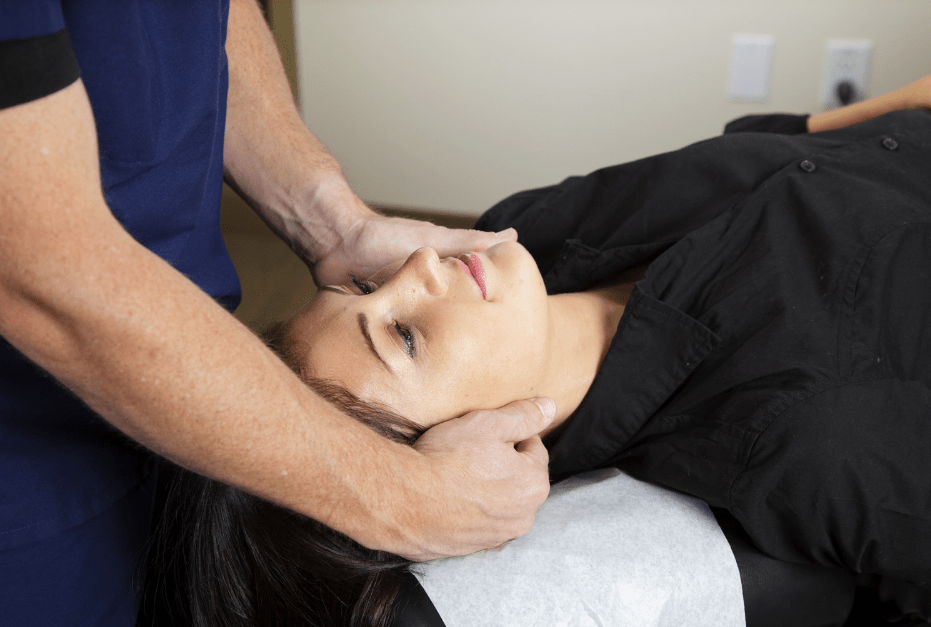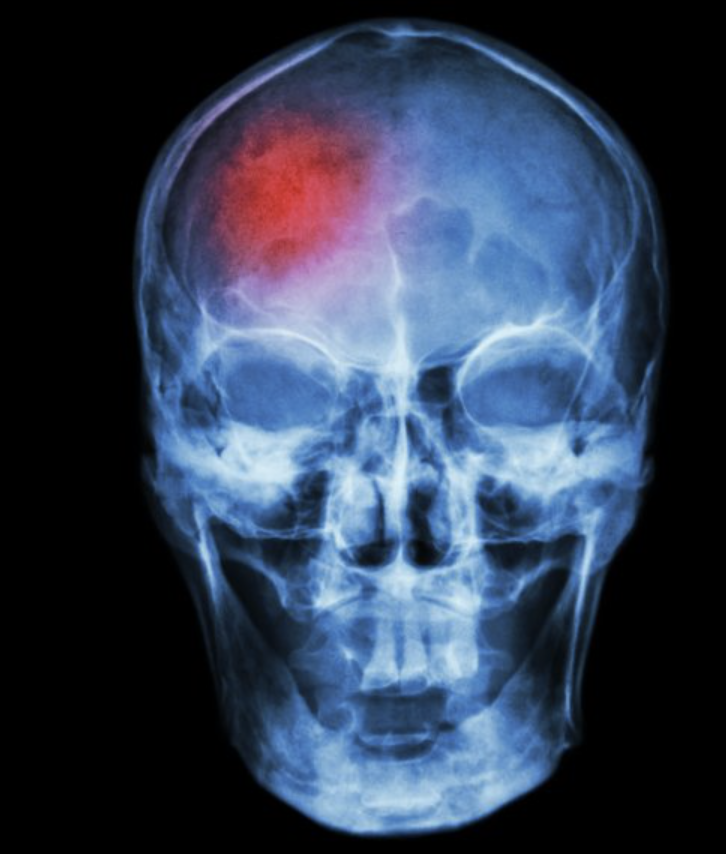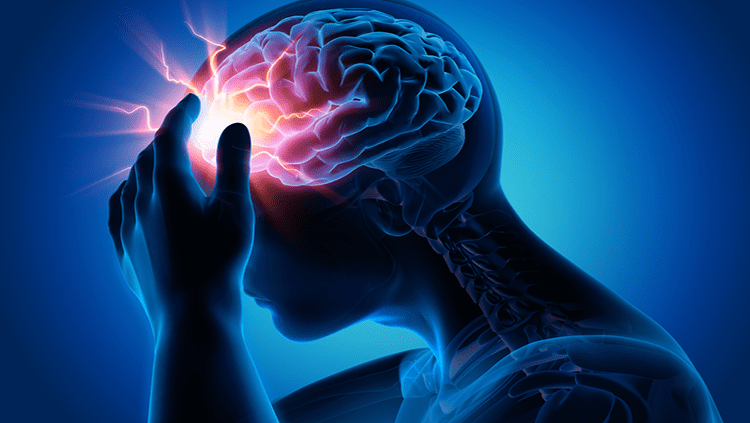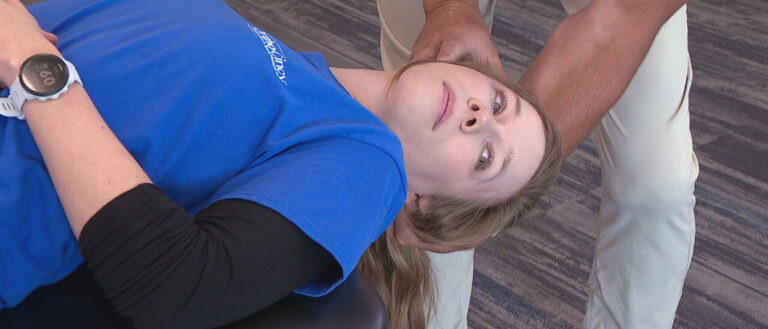
Three Systems That Hold the Key to Concussion Recovery in Kansas City
Concussion symptoms that linger after a car accident can be frustrating and confusing for Kansas City residents. Many expect rest to be enough, only to find that headaches, dizziness, or vision problems persist. The truth is, successful concussion rehabilitation depends on a thorough evaluation of three interconnected systems: the neck, the balance system, and the eyes.
Why Your Neck Matters More Than You Think
Neck injuries often accompany head trauma, especially in vehicle collisions. When the cervical spine is affected, it can trigger:
- Muscle tension and discomfort
- Restricted movement in the neck joints
- Nerve irritation that radiates pain to the head or face
- Instability that amplifies dizziness, headaches, or vision changes
Addressing neck function is essential. If left untreated, even minor issues in the cervical spine can prolong concussion symptoms and make recovery feel out of reach.
The Balance System: Restoring Confidence in Motion
The vestibular system, located deep in the inner ear, helps you maintain balance and interpret movement. After a concussion, people often notice:
- Feeling unsteady or off-balance
- Sensitivity to busy environments or quick movements
- Nausea when turning the head or shifting gaze
- Difficulty tolerating everyday motion, like riding in a car or walking in crowds
Targeted vestibular therapy helps retrain the brain to process movement signals accurately, reducing dizziness and making daily activities less overwhelming.
Eye Coordination: The Overlooked Piece of the Puzzle
Vision problems are common after concussions, yet many go undiagnosed. Disrupted eye movements can cause:
- Blurred or double vision
- Trouble reading or focusing on objects
- Fatigue after using screens
- Difficulty tracking moving items
- Headaches that intensify with visual tasks
Therapies for the oculomotor system include exercises to improve eye tracking, focus, and coordination with head movements. This is vital for anyone returning to work, school, or tasks that demand clear vision.

Integrated Rehab: Why All Systems Must Work Together
These three systems—neck, balance, and vision—are tightly linked. Neck stiffness can send faulty signals to your balance system. Poor eye tracking can make you feel unsteady. Lingering dizziness keeps the nervous system on high alert, slowing recovery.
Kansas City concussion experts, including David Buechner, MD and Managing Director Lance Stevenson at Keystone Medical Group, recommend a rehab plan that assesses and treats all three areas. This approach helps patients regain control, comfort, and confidence as they return to their routines.
Practical Advice for Recovery
If you’re recovering from a concussion, keep a daily log of your symptoms, triggers, and progress. This record can help your provider tailor your treatment and, if your injury is related to a car accident, may be helpful for insurance or legal documentation.
Moving Forward in Kansas City
Concussion rehabilitation is more than just rest—it’s a coordinated effort to restore neck function, balance, and visual clarity. With the right support, persistent symptoms can improve and life can get back on track.
Disclaimer
This blog is for informational purposes only and does not replace medical advice, diagnosis, or treatment. If you’ve experienced a concussion or injury, consult a qualified healthcare provider.
References
Comprehensive Concussion Management in Kansas City
We provide a comprehensive concussion management program in Kansas City, addressing every stage of care from evaluation to therapy. Our approach begins with thorough assessments, including balance testing, oculomotor and vestibular evaluations, CNS Vital Signs neurocognitive testing, and advanced DTI imaging. With years of experience in concussion care, our multidisciplinary team combines cognitive rehabilitation, physical therapy, and mental health support to create a detailed understanding of each patient’s condition and needs.
Targeted therapies are tailored to address the wide range of concussion symptoms. From cognitive rehabilitation and balance training to oculomotor therapy and mental health interventions, every treatment is designed to support recovery and long-term well-being. Our experienced providers help patients across Kansas City, Overland Park, Lee’s Summit, and surrounding areas achieve safer, faster, and more complete recoveries.








